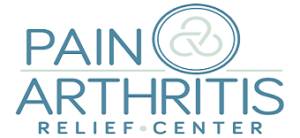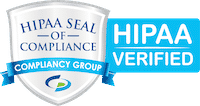Sleep Apnea Treatment Gaithersburg, MD
If your breathing stops and starts while you sleep, you may need sleep apnea treatment Gaithersburg, MD residents trust. Sleep apnea is a serious sleep disorder that occurs when the muscles in the back of your throat relax too much to allow normal breathing. It can cause you to be tired during the day and may increase your risk of cardiovascular problems.
Common Sleep Apnea Treatments
- Continuous Positive Airway Pressure (CPAP): If you have obstructive sleep apnea, your doctor may suggest continuous positive airway pressure (CPAP). During this treatment, a machine releases air pressure through a piece that fits over your nose as you sleep. It’s designed to decrease the number of respiratory events that occur during sleep, helping you feel more rested in the morning.
- Mouthpiece: If you have a more mild form of sleep apnea, wearing an oral appliance while you sleep may improve your symptoms. The device works by keeping your throat open during the night. If you decide to go with this treatment option, keep in mind that you will need to see a dentist to properly git the appliance.
- Surgery: In the most severe cases, surgery may be the best sleep apnea treatment in Gaithersburg, MD. During the surgery, your doctor will remove tissue from the back of your mouth and top of your throat. The surgery is typically performed in a hospital and requires general anesthesia.
Lifestyle Changes to Improve Sleep Apnea
If you have sleep apnea, you may also have to make some adjustments to your lifestyle, such as:
- Lose Weight: Excess weight can increase the risk of airway obstruction and narrow nasal passages. If you’re currently overweight, getting down to a healthy weight may help improve your sleep apnea. Introduce more nutritious foods into your diet and limit junk food as much as possible.
- Limit Alcohol: If you suffer from sleep apnea, it’s best to drink alcoholic beverages as seldom as possible. Alcohol relaxes the throat muscles that control your breathing, which can cause inflammation in your airways.
- Change Your Sleeping Position: The way you sleep can also have an impact on your sleep apnea. Sleeping on your back, for instance, can make your symptoms worse. If you sleep on your side, it may help you breathe easier as you sleep.
- Use a Humidifier: Dry air can irritate the respiratory system, worsening your sleep apnea symptoms. If you put a humidifier in your room, it will add moisture to the air and improve your breathing. Think about adding lavender or peppermint to your humidifier, as they have anti-inflammatory benefits.
If you’re dealing with sleep apnea, you should get sleep apnea treatment in Gaithersburg, MD promptly. Contact the Pain Arthritis Relief Center today.





